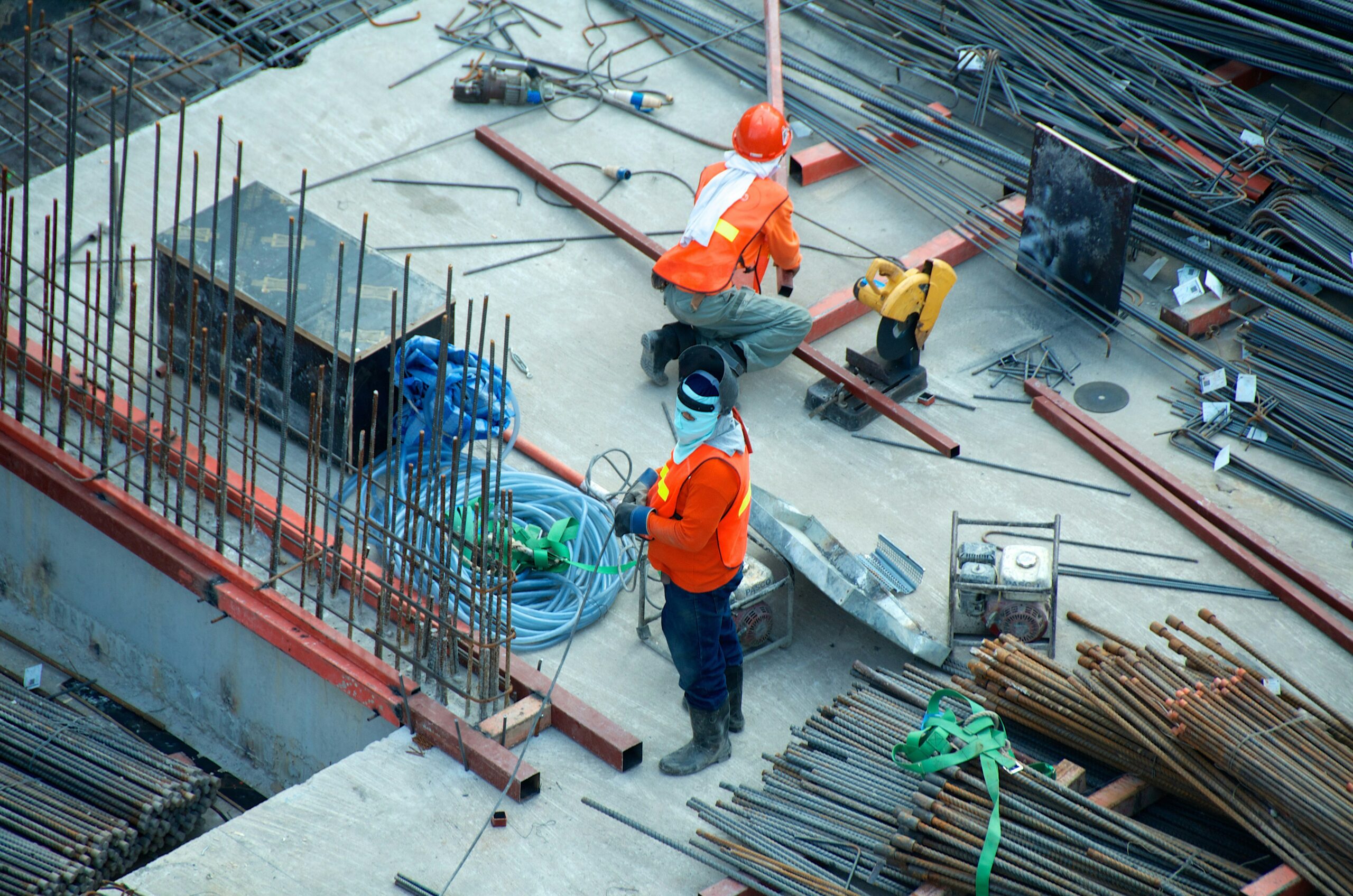The construction industry is increasingly adopting energy-efficient practices not only to cut costs but also to minimise environmental impact. With the global push for sustainability, energy-efficient construction has become a priority for companies seeking to reduce their carbon footprint and improve operational efficiency. A critical component in achieving these goals is the use of Battery Energy Storage Systems (BESS), which provide clean, reliable power and optimise energy use throughout a project’s lifecycle. By integrating BESS with renewable energy and smart energy management systems, construction companies can significantly enhance energy efficiency, reduce costs, and contribute to a greener future.
Understanding Energy-Efficient Construction
Energy-efficient construction involves reducing the amount of energy consumed during the building process and throughout the lifecycle of the project. This can be accomplished through various strategies, such as:
Utilising Renewable Energy Sources
Renewable energy, such as solar and wind power, helps to minimise the environmental impact associated with fossil fuel use. By generating clean energy on-site, construction projects can reduce their reliance on traditional power sources.
Implementing Smart Energy Management Systems
Advanced energy management systems allow construction sites to monitor energy consumption in real time, optimizing energy use and reducing waste. This technology ensures that power is distributed where it is needed most, enhancing overall project efficiency.
Storing Excess Energy with BESS for Later Use
BESS captures surplus energy generated from renewable sources during periods of low demand, storing it for use during peak times. This energy storage capability helps to balance supply and demand, ensuring a consistent power supply while avoiding energy waste.

How BESS Drives Energy Efficiency in Construction
The integration of BESS in construction projects offers several significant benefits that enhance energy efficiency:
Optimised Energy Use
BESS allows construction sites to store energy when it is plentiful and inexpensive, such as during off-peak hours or when renewable generation is high. The stored energy can then be used during peak demand periods, reducing the need for costly grid power and avoiding energy waste. This load-shifting capability helps to smooth out fluctuations in energy demand, making construction operations more energy-efficient.
Reduced Dependency on Grid Power
By combining BESS with on-site renewable energy sources, such as solar panels or wind turbines, construction companies can significantly lower their reliance on grid electricity. This not only helps reduce energy costs but also minimises greenhouse gas emissions associated with fossil fuel-based grid power. The ability to generate and store clean energy on-site enables construction projects to operate more sustainably.
Backup Power Supply for Continuous Operations
Construction sites are vulnerable to power disruptions, which can cause delays and financial losses. BESS provides a dependable backup power source that ensures continuous operation in the event of grid outages. This backup capability helps prevent costly project delays and supports uninterrupted progress, especially in remote or off-grid locations.
Enhanced Flexibility and Scalability
The modular nature of BESS makes it easy to scale energy storage solutions according to the specific requirements of a project. Whether a construction site needs a small, portable unit or a large, stationary system, BESS can be tailored to meet the energy demands of projects of all sizes. This scalability ensures that energy efficiency measures can grow with the project.

The Role of BESS in Reducing Environmental Impact
Energy-efficient construction practices are essential for minimising the environmental impact of building projects. BESS technology supports these efforts by:
Lowering Carbon Emissions
By enabling the use of renewable energy and reducing dependency on fossil fuel-based power, BESS helps construction sites decrease their carbon footprint. This reduction in greenhouse gas emissions aligns with global sustainability goals and supports the construction industry’s transition to cleaner energy sources.
Minimising Energy Waste
Traditional energy systems often experience significant losses during generation, distribution, and consumption. BESS technology captures and stores excess renewable energy, ensuring that no energy goes to waste. This ability to harness and utilize surplus power improves the overall energy efficiency of construction operations.
Supporting Sustainable Building Practices
With energy efficiency becoming a key metric for green building certifications, such as LEED or BREEAM, integrating BESS can help construction companies achieve higher sustainability ratings. This not only enhances a company’s reputation but also meets the growing demand for eco-friendly construction practices from clients and regulators.

A Sustainable Path Forward
The construction industry is facing increasing pressure to adopt sustainable practices, and energy-efficient construction is central to this shift. The integration of Battery Energy Storage Systems offers a practical, scalable solution for optimizing energy use, reducing costs, and minimizing environmental impact. As construction companies continue to embrace these technologies, the industry is set to make significant strides toward a more sustainable and cost-effective future.
BESS technology is not just a tool for reducing energy consumption; it is a key enabler of the construction sector’s transition to cleaner, greener building practices. With the ability to store and manage energy efficiently, construction projects can operate more sustainably, helping to shape a future where energy-efficient construction is the standard rather than the exception.



